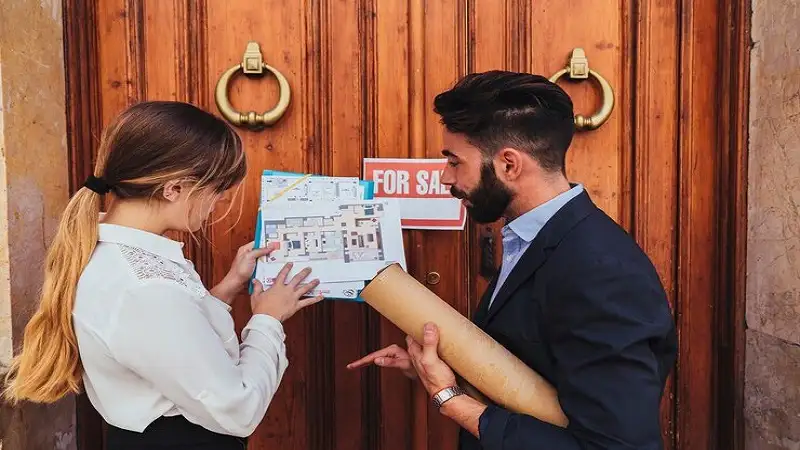Property sales events are pivotal occasions for real estate developers, agents, and homeowners aiming to showcase properties to potential buyers in a dynamic environment. These events can accelerate sales and generate significant interest if executed correctly. Planning and hosting an effective property sales event involves a series of strategic steps designed to attract the right audience and offer them a compelling reason to commit to a purchase.
Planning Your Property Sales Event
Setting Objectives
Begin by defining clear objectives for your sales event. Are you launching a new property development, or are you aiming to close out remaining units in an existing complex? Setting goals will guide your planning process, from choosing the venue to selecting the properties to highlight.
Highlighting Property Features
When preparing properties for viewing, it’s crucial to highlight features that will appeal to your target market. For instance, showcasing a luxury home with French oak floors can attract buyers looking for premium, stylish living spaces. Ensure that these appealing features are well-presented and that any staging enhances the natural attractiveness of your properties.
Marketing Your Event
Targeted Invitations
Ensure that your invitations reach potential buyers who are most likely to be interested in your properties. Use a well-maintained database to send out invites and consider reaching out to local property investors, real estate influencers, and previous clients who might be interested in expanding their portfolios.
Utilizing Digital Marketing
Leverage the power of digital marketing to enhance your event’s visibility. Use social media platforms, email newsletters, and online real estate portals to advertise your event. Tailored ads targeting local demographics can also be highly effective.
On the Day of the Event
Creating a Welcoming Atmosphere
First impressions are crucial. Ensure that the event space is welcoming and professionally organized. Signage should be clear, directing attendees to different areas of the event. Consider offering refreshments and comfortable seating areas where potential buyers can discuss their options with your sales team.
Engaging and Informative Presentations
Schedule short, engaging presentations that highlight the key benefits of the properties on offer. Use high-quality visuals and keep the content concise and compelling. Providing attendees with printed materials or digital downloads that they can take away will help keep your properties top of mind.
Leveraging Technology
Virtual Tours and Interactive Displays
Utilize technology such as virtual reality tours or interactive displays to give attendees a better feel for the properties, especially those that cannot be physically presented at the event. This technology can be particularly useful for off-plan properties or units that are not yet ready for inspection.
Real-Time Feedback Collection
Use tablets or mobile apps to collect feedback from attendees in real time. This can provide valuable insights into what is resonating with potential buyers and what might be holding them back from making a purchase decision.
Post-Event Follow-Up
Efficient Lead Management
Organize the contact information and preferences of all attendees and categorize them based on their interest level. Prompt follow-up is crucial, so plan to reach out within 24 hours while the event is still fresh in their minds.
Personalized Follow-Up Communications
Send personalized emails or make phone calls to thank attendees for coming and to offer further information or private viewings. Tailoring the message based on the individual’s expressed interests during the event can significantly increase your chances of closing a sale.
Measuring Success and Learning for the Future
After the event, it’s important to measure its success against the objectives you set initially. How many properties were sold? What was the overall attendance? Gather feedback from both attendees and staff to see what worked and what could be improved for future events.
Continuous Improvement
Review all feedback and data collected to refine your approach for future sales events. Each event can provide valuable lessons, whether it’s adjusting your marketing strategy, improving event logistics, or altering how you interact with potential buyers.
Property sales events are not just about selling; they are about creating an experience that leaves potential buyers feeling informed and excited about their prospects. Successful events require meticulous planning, targeted marketing, and professional execution. By focusing on these areas, you can create an environment that not only showcases properties effectively but also drives sales and builds lasting relationships with buyers.
In an ever-competitive market, standing out through well-organized and engaging property sales events can make all the difference. The attention to detail and the ability to connect with potential buyers on a personal level will set your properties apart and ensure that attendees leave with a strong impression and, hopefully, a new investment.
